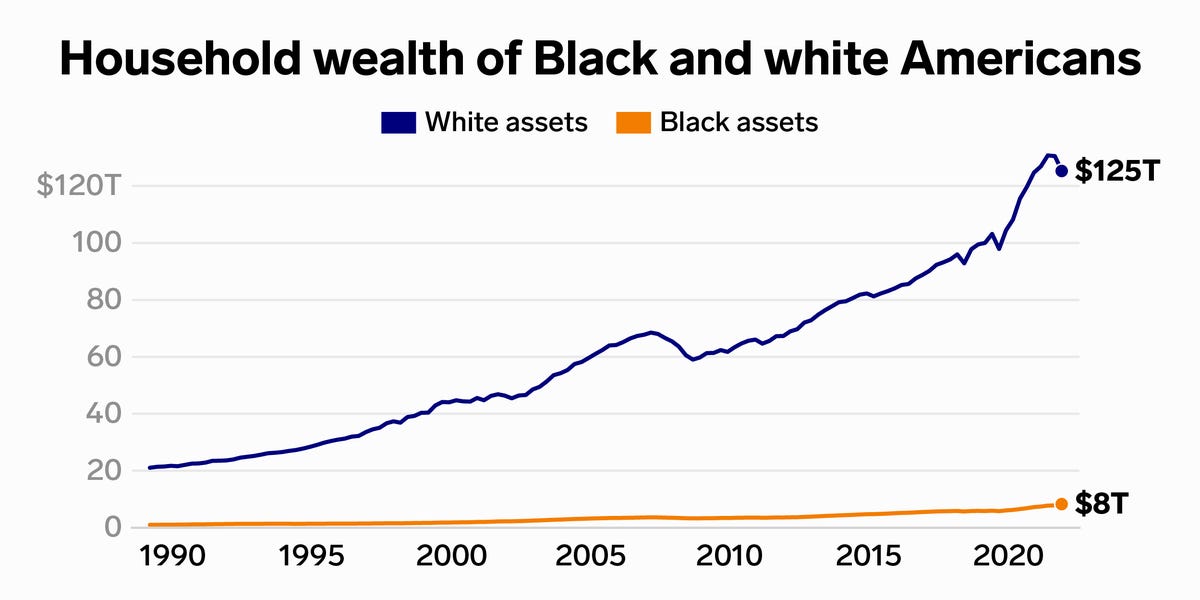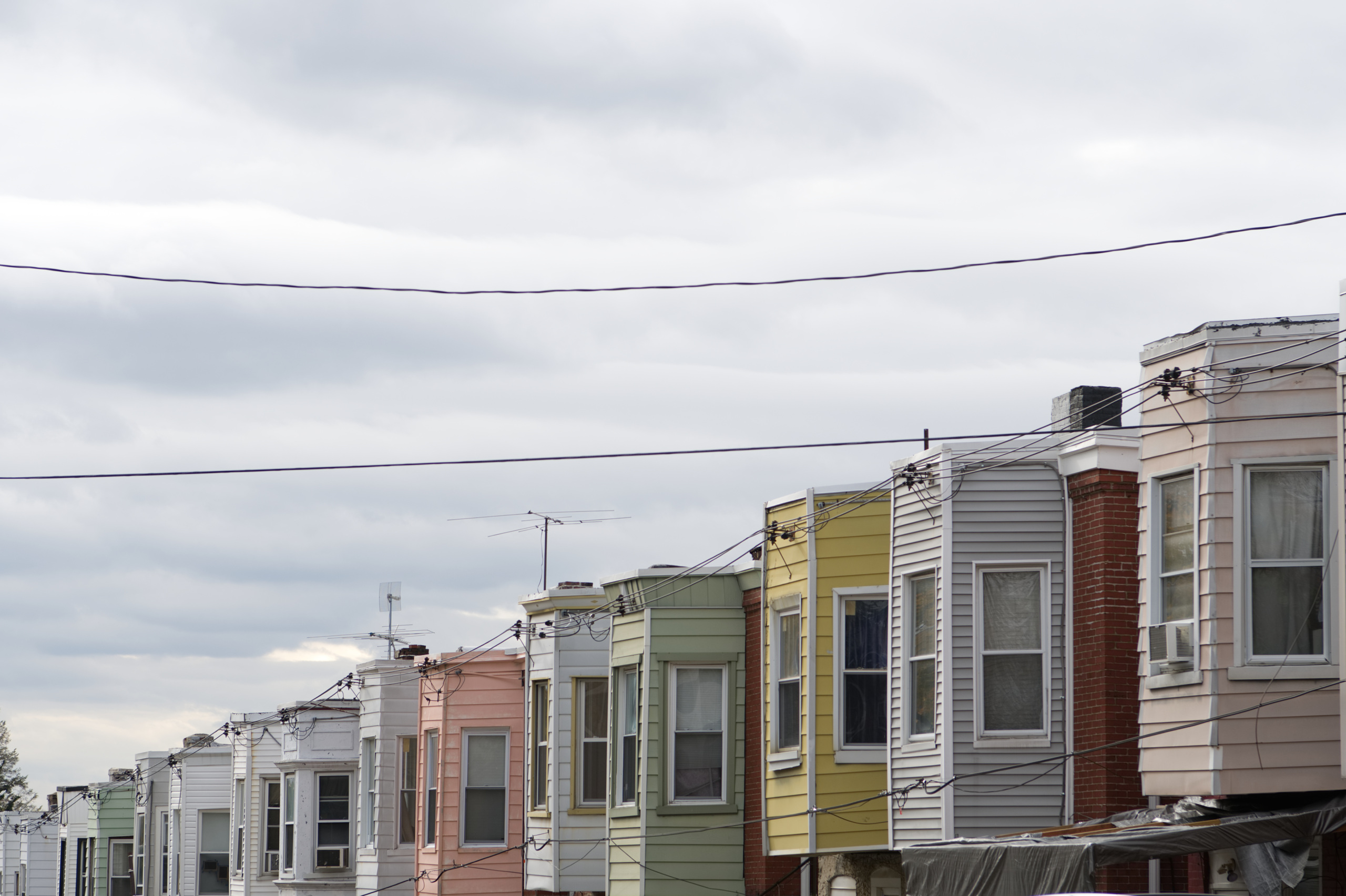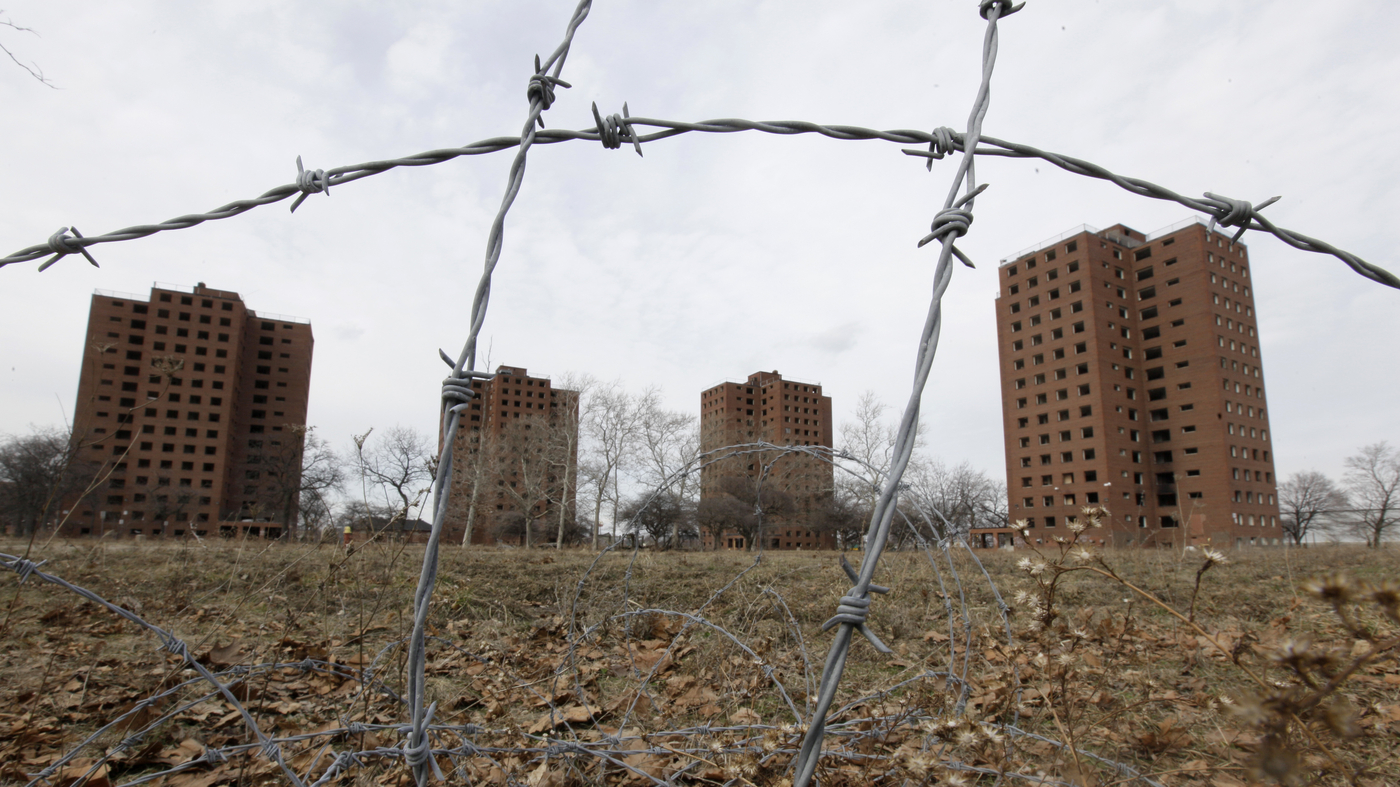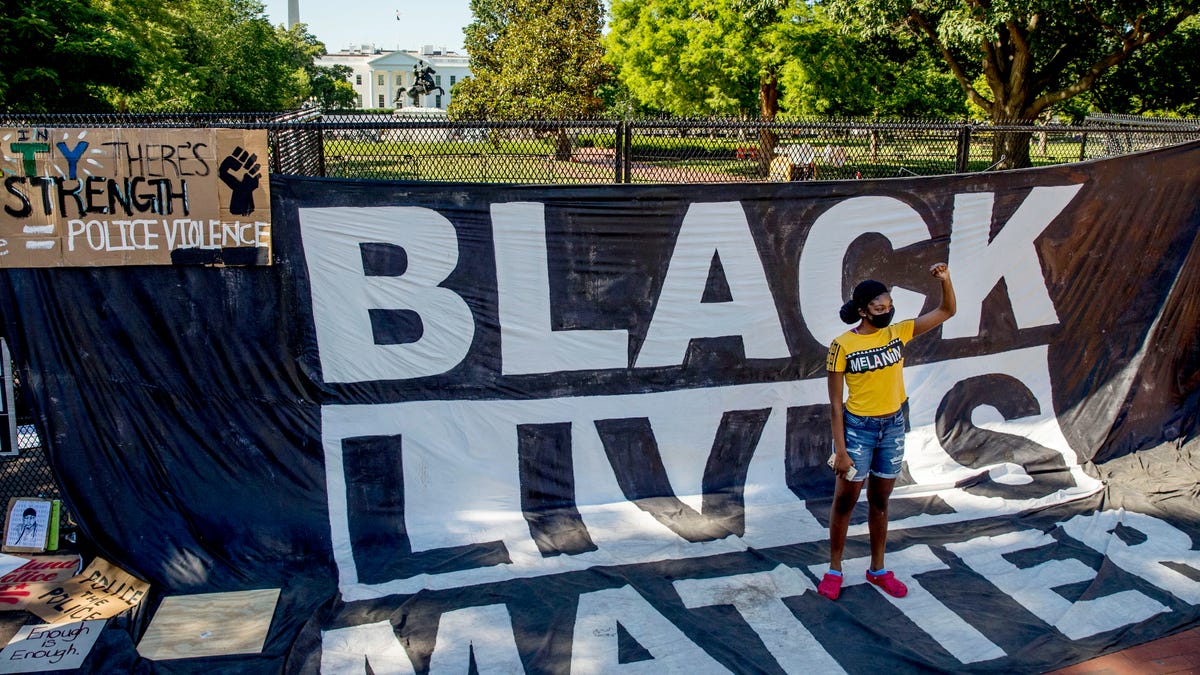sy barite
Known Reviewer
You either didn't understand the point I was making, or you didn't look at the charts you just shared. Maybe both. Your reaction to my example citing the Nobel prizes shows you might not have the capacity to understand.
25 simple charts to show friends and family who aren't convinced racism is still a problem in America
Research has extensively documented the differences between the Black and white experience in the US, from wealth and education to incarceration.www.businessinsider.com

Systemic Inequality: Displacement, Exclusion, and Segregation
The United States must reckon with the racism built into its housing system in order to ensure that all Americans have the opportunity to build wealth.www.americanprogress.org
...and Nobel prizes are awarded from Sweden so it’s totally irrelevant to a narrative on systemic racism within the US
I did not question that racial disparity exists. I absolutely agree it does. I even furnished some examples. But disparities are not proof of systemic racism.. Blacks are over represented in the NBA and track and field, is that proof of racism? Men are over represented in the plumbing trade and jails. Predujice?
You have not demonstrated how blacks being under represented in high paying jobs is proof of racism in any way, let alone of a systemic variety.
Let me make it even clearer, Universities in the U.S. have federal funding tied to racial quotas. That is, they get money if they fill a certain number of student and faculty spots with black people. This misguided policy is almost impossible for elite schools to meet in order to secure their funding. They have to go looking for candidates and in many cases they "fudge" the admission and employment requirements-awarding points for "life experience"- in order to get those black people into their institutions. Clearly, it's not racism at work there. The question is, why is it difficult to find those candidates, even when they have every reason to want them?







































































































